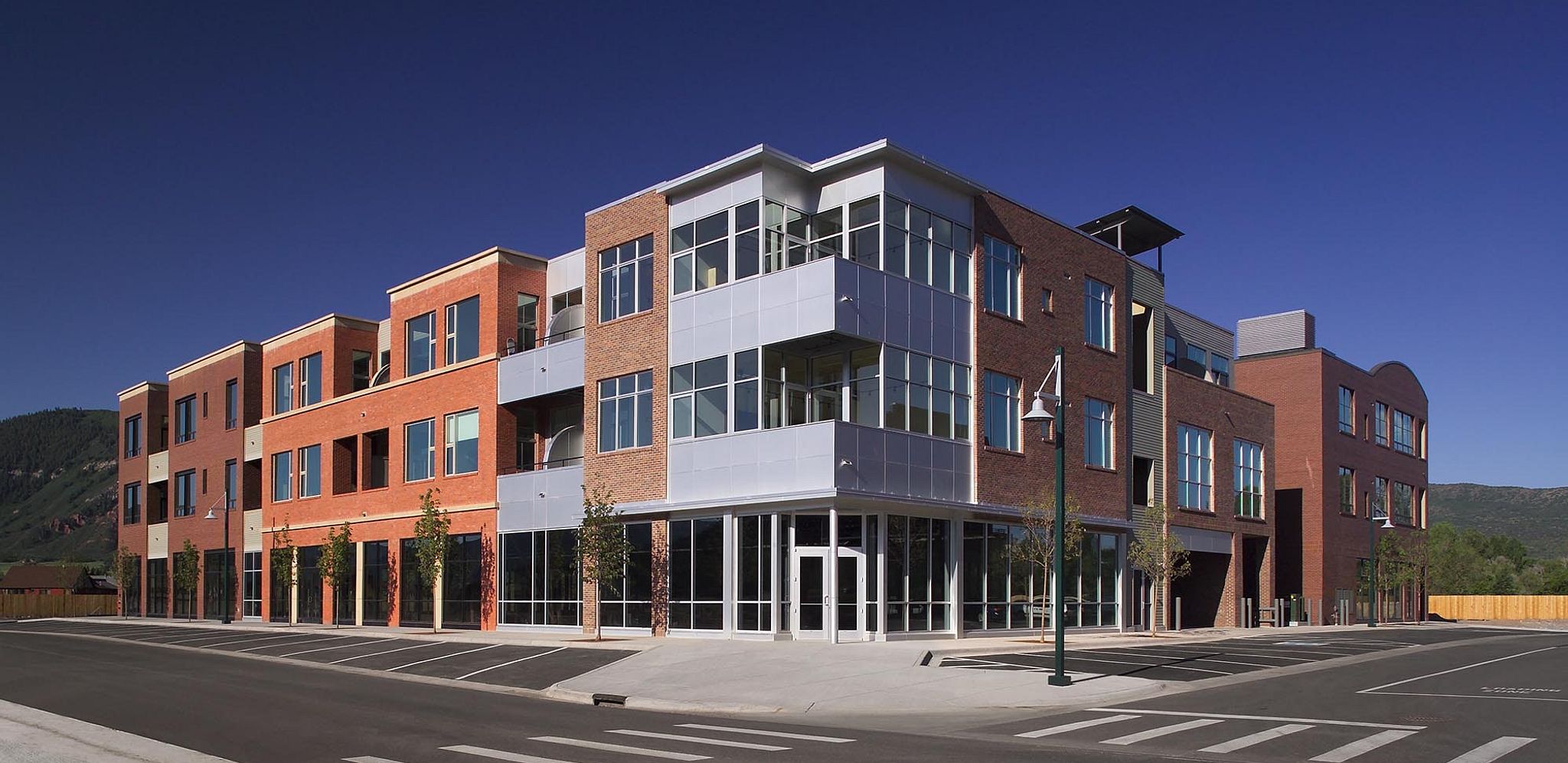Investing in mixed-use properties can be a unique and rewarding investment opportunity. These properties contain a mix of residential and commercial units, providing a variety of potential income streams. However, like any investment, there are benefits and drawbacks to consider.
Benefits of owning a stake in Mixed-use properties:
- Diversification: Mixed-use properties provide diversification of income streams through both residential and commercial tenants.
- Potential for higher returns: With multiple sources of income, mixed-use properties have the potential for higher returns compared to single-use properties.
- Strong market demand: Mixed-use properties are often in high demand due to their convenience and accessibility to both residential and commercial amenities. They are quickly becoming the most popular parts of town to live, work, and play.
- Upside potential: Investors can potentially increase the value and potential for rental income by improving and repositioning the property. Mixed-use can capture the imagination and interest of new investors for decades if the area is aesthetic and well-maintained. The synergy created by bringing in residential and commercial is exciting for both sides.

Drawbacks of investing in Mixed-use properties:
- Management complexity: Managing a mixed-use property can be more complex and time-consuming than managing a single-use property.
- Tenant turnover: High tenant turnover can impact occupancy rates and rental income, especially for commercial units.
- Market conditions: Changes in the local market conditions and economy can impact the value and potential for rental income.
- Potential zoning restrictions: Local zoning laws and restrictions may limit the types of businesses that can operate in commercial units.
The most lucrative benefit of investing in mixed-use properties is the potential for higher returns and diversification of income streams. The cap rate, or the ratio of net operating income to property value, can vary depending on the location and condition of the property. Generally, a higher cap rate indicates a better return on investment, but it’s important to evaluate the potential for rental income and market demand.
There is a moderate level of risk involved in investing in mixed-use properties. Property management, tenant turnover, market conditions, and potential zoning restrictions are all factors to consider when evaluating the investment.
People typically invest in a variety of mixed-use properties, including apartment buildings with ground-floor retail, office buildings with residential units, and shopping centers with residential units above. The specific type of mixed-use property depends on the investor’s goals and market conditions.
In conclusion, investing in mixed-use properties can provide a unique and potentially rewarding investment opportunity. However, careful evaluation of the property and market conditions is necessary to minimize risk and maximize returns.



